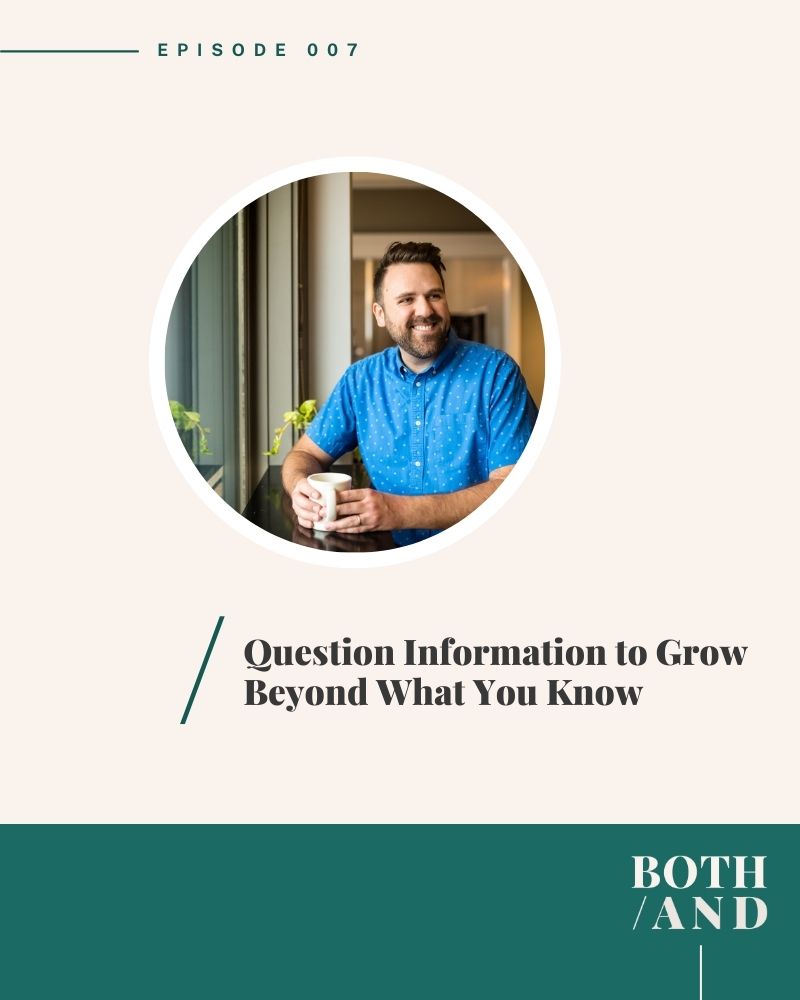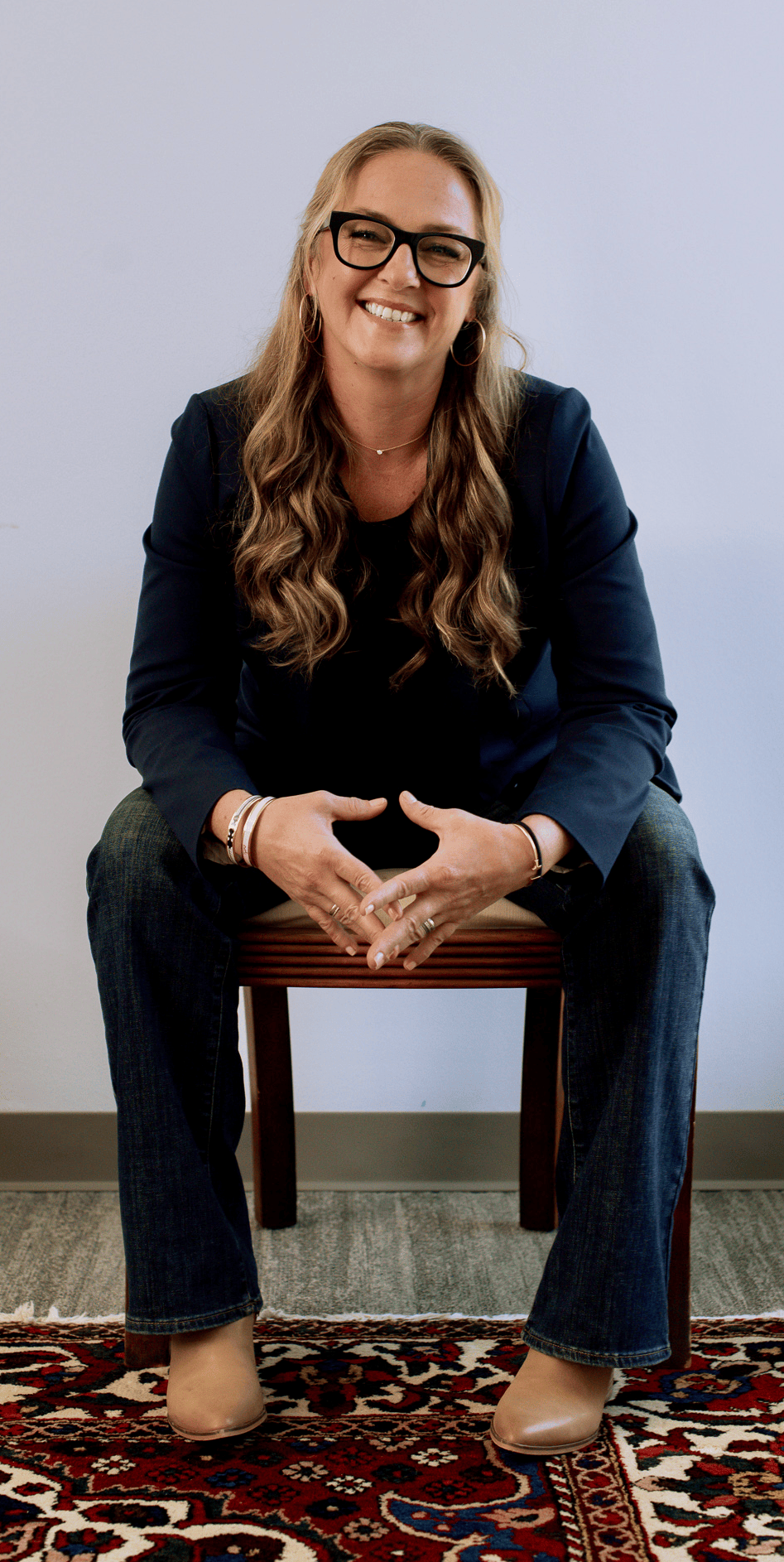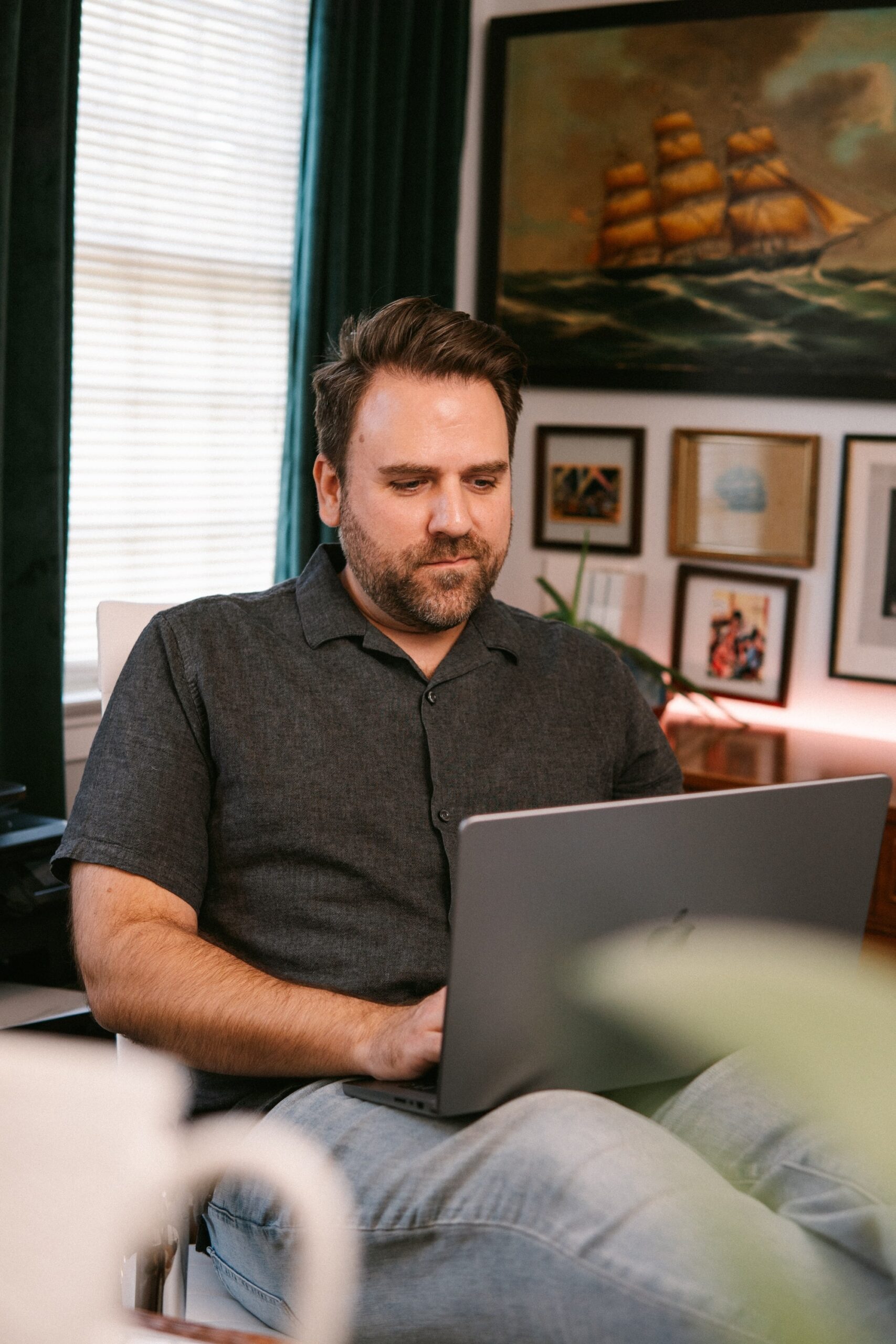
Do you remember playing whisper down the lane when you were a little kid? One of you comes up with a phrase like, “my dog ate a frog,” which, by the way, is a true story. This weekend we were hiking, and this little tiny frog was hopping around my dog. Long story short, the frog jumped into his mouth.
Back to whisper down the lane. You pick a phrase and whisper it from one person to the next and then the next until you get to the end of the line. The final person says what they heard. Usually, everybody starts laughing or is just completely confused because something else entirely comes out.
It’s fascinating to see how one piece of information can transform through each new person that hears it. It’s like that piece of information takes on a life of its own. It’s almost as if it’s a living, breathing organism capable of thinking, adapting, and changing.
The piece of information decides it doesn’t like who it is, so it changes. Then, somewhere between the lips of one person speaking it and the ears of another person, that information becomes something completely different than what we intended it to be.
Information can become something it’s not meant to be.
It can become something so different, but sometimes something so much more powerful than what we intended it to be. “My dog ate a frog,” transforms into, “My God. You’re a frog!” transforms into “My dad ate a log” transforms into “My data is logged.”
Information changes. Sometimes this is good. Sometimes information that was intended to harm people becomes something that unites us. Sometimes information becomes inspiration, but sometimes information changes into a weapon.
Sometimes it changes into ignorance. Sometimes it changes into despair, anger, judgment. Information becomes ammunition. It’s almost as if we aren’t in control of it anymore. The communicators have lost control of the communication. And now the communication is more important than the communicator.
Now we place more value in what we know than who we know. You’ve seen this. You’ve seen how a political conversation around a family dinner table turns into name-calling or anger or frustration towards each other.
Instead of hating the information, we hate the person delivering the information.
Information, left to its own devices, will start wars, break up relationships, tear apart families, dismantle democracy, destroy lives, kill creativity. The list goes on and on of what information can do. It just keeps getting whispered down the lane over and over and over again until it becomes something it was never meant to be.
Information has now become the puppeteer, and we’ve become the puppets.
But information is not a living, breathing organism with a mind of its own. Only the one communicating it can change it. Information needs a vessel. It requires you and me to exist. It needs a living, breathing, capable human being who can apply meaning, interpretation, and insight to live, exist and thrive.
Information is up for interpretation.
If you can apply meaning to the information I’ve shared, you get to interpret it differently. That different interpretation means you’ve applied new insights to it, which then changes the information I shared.
Sometimes this leads to growth, which is good, but sometimes it leads to injustice. It leads to hate. It leads to fear. It leads to pain and judgment. And this is how information becomes ammunition.
As soon as you have this new information, you think you have new power that you didn’t have before. You believe now you have an excuse for how you are behaving. It’s almost as if you’re taking this information as indisputable because you’re not taught to question, or in some cases, you’re taught that questioning is wrong.
You’re stifling your growth.
Without learning to question information, you’re stifling your ability to grow and evolve as a human and to propel humanity forward. Because how do we grow? We grow by learning new information and having new experiences but then comparing that to our past information and past experiences to see if it’s worth the effort to grow.
You have to move beyond past information that you know and past experiences that you’ve had into new information and new experiences. So if you get new information and you have a new experience, and you look at that and think, “this is worth exploring,” then you’ll get curious. You’ll dig deep into it. You’ll explore it until it causes you to grow in some way.
But what we see so often is the opposite–information is so easily accepted. You usually don’t have to grow when you accept information without question. Growth takes work, so accepting information becomes the easy route for many.
Information without question easily implants in our brain, and we don’t have to waste energy thinking differently. We don’t have to step outside of our perspectives.
If you don’t question information, new information, and new experiences, it means one of three things:
- The information already matches something you know and believe. So you tuck it away as confirmation and use that as a reason to see why other people who think differently are wrong and feel justified in letting them know.
- The information feels so different and so far out there. It’s so hard for you to accept that it scares you. And so you push it far away.
- You look at this new information, and you explore it. You’re willing to go a little bit deeper with it to see if maybe there’s something in this new information that could help you grow. Maybe there’s something that could help you understand life in a way that you didn’t understand previously.
Two of the three permit us to use information as ammunition. It places the information above the person creating it. One of these three gives us compassion for the communicator, and it helps us evolve right now.
We need people to value the communicator, the human being in this equation, more than the information. We need more curiosity to fuel our compassion. We need to remember that information doesn’t have a mind of its own. It doesn’t call the shots. It isn’t more important than the human being sitting across the table from you.
If you let it, information will be the puppet master, and you will be the puppet.
We have to learn how to show up with curiosity and compassion, especially when the information you encounter is different from what already confirms what you know. What you know will not take you to where you need to go to grow.
One Tip on How To Grow Personally: Question Information
Whether through speaking, storytelling, or coaching, I share real experiences, learned and curated wisdom, and practical tools to help you (and humanity) move forward.
I'm a motivational speaker, talk show host, writer, and creative. And I'm a endlessly curious human trying to figure out, well… humans. What makes us successful, fulfilled, disappointed, or stuck? How do our experiences shape us? And more importantly—how do we human better?
If we haven’t met yet, I’m Gentry Lusby.
meet
the
blogger




